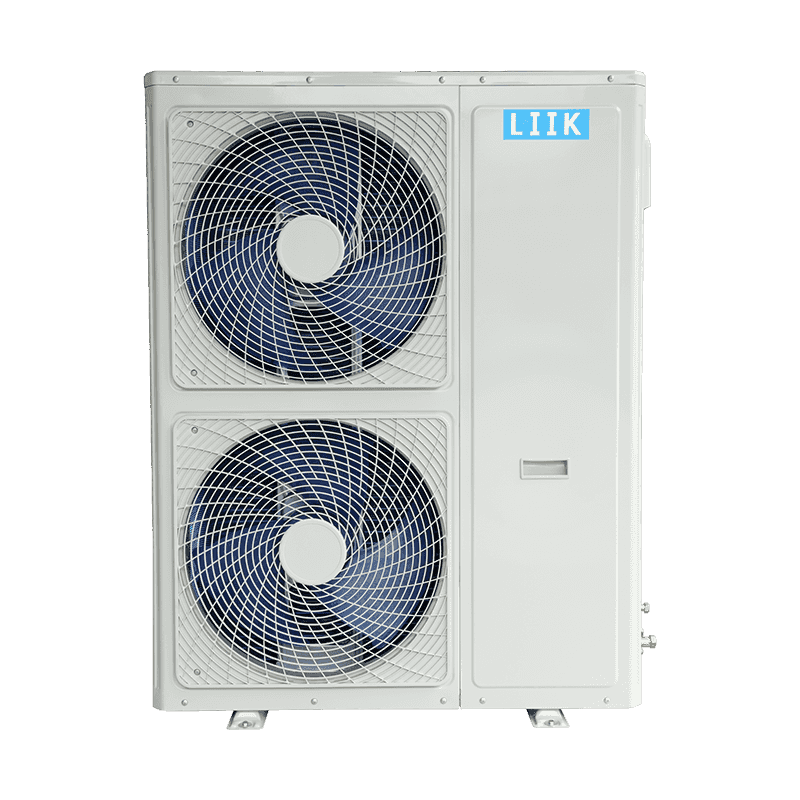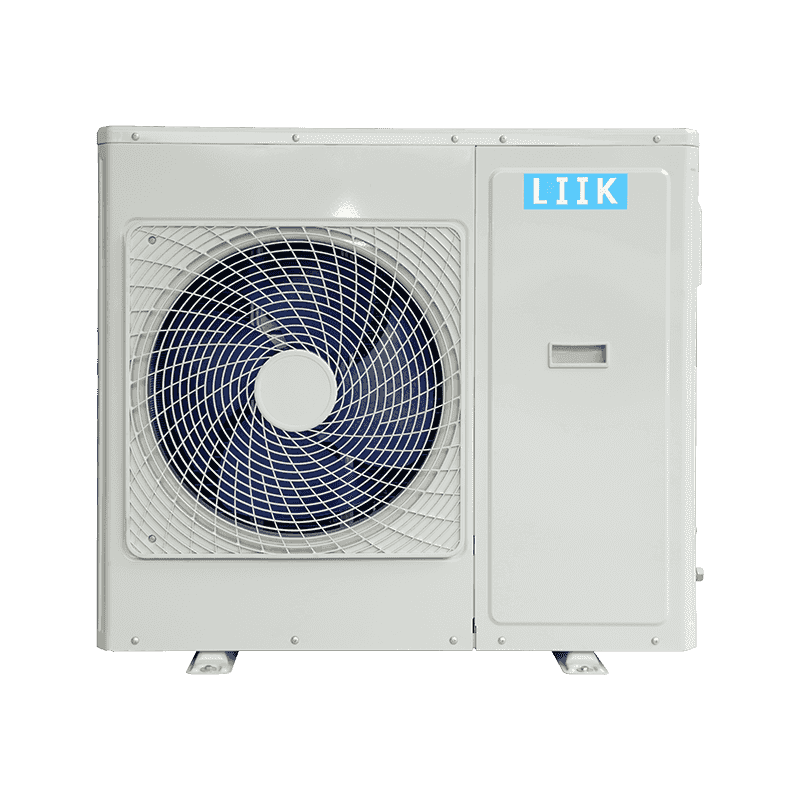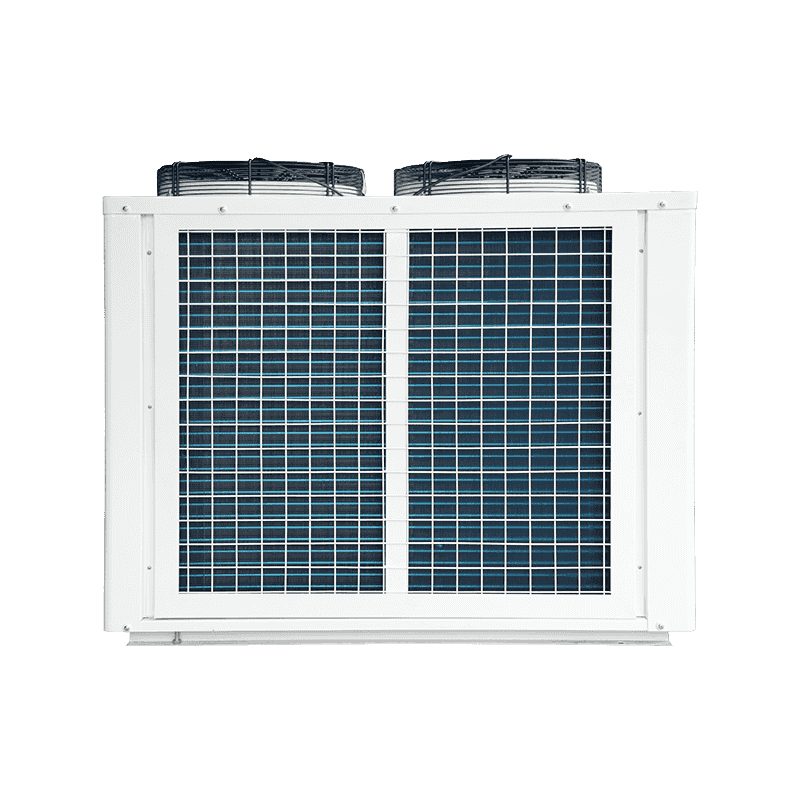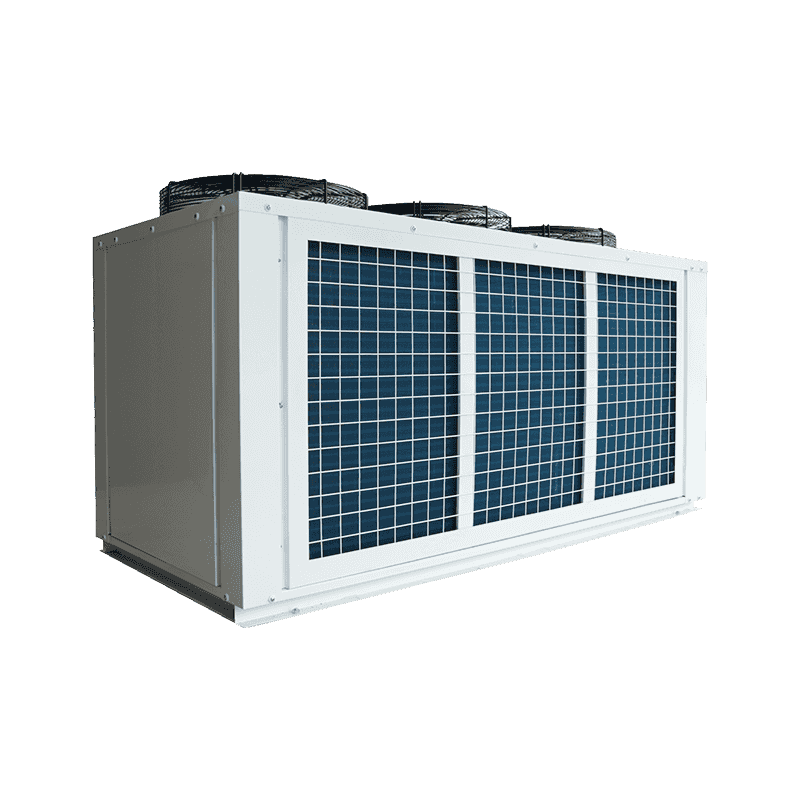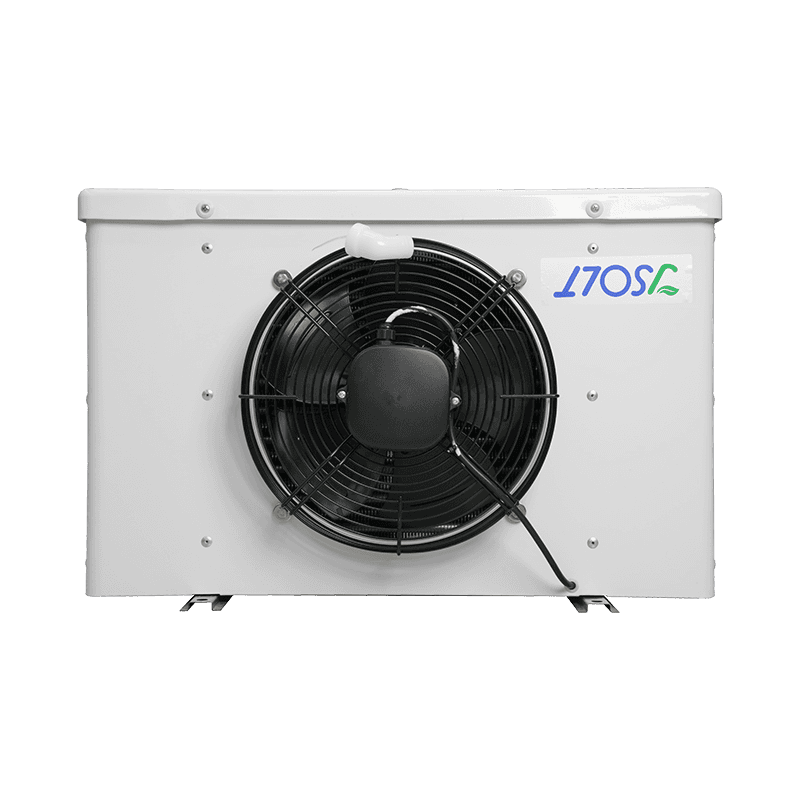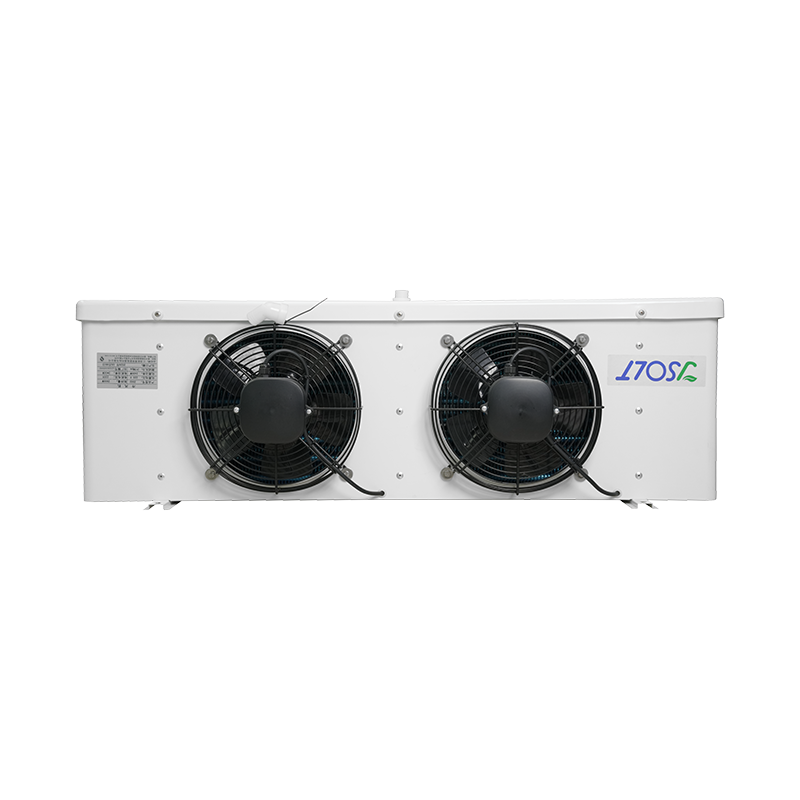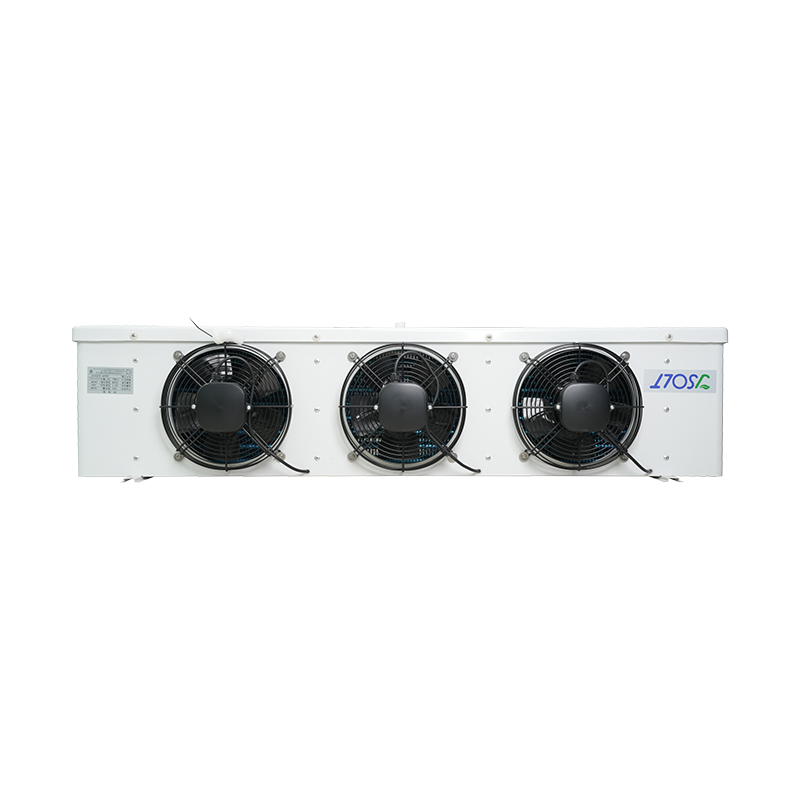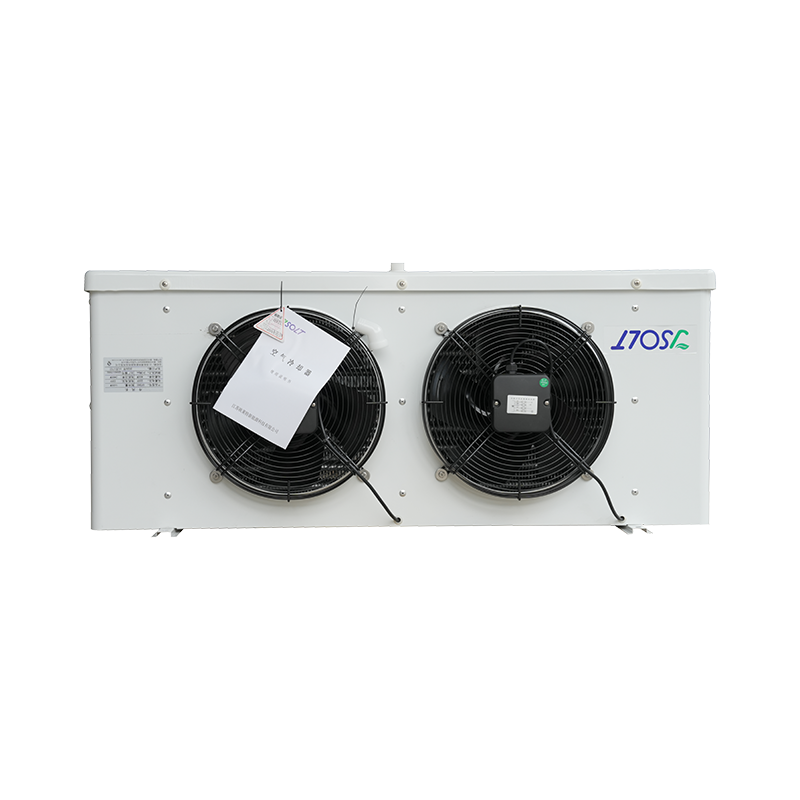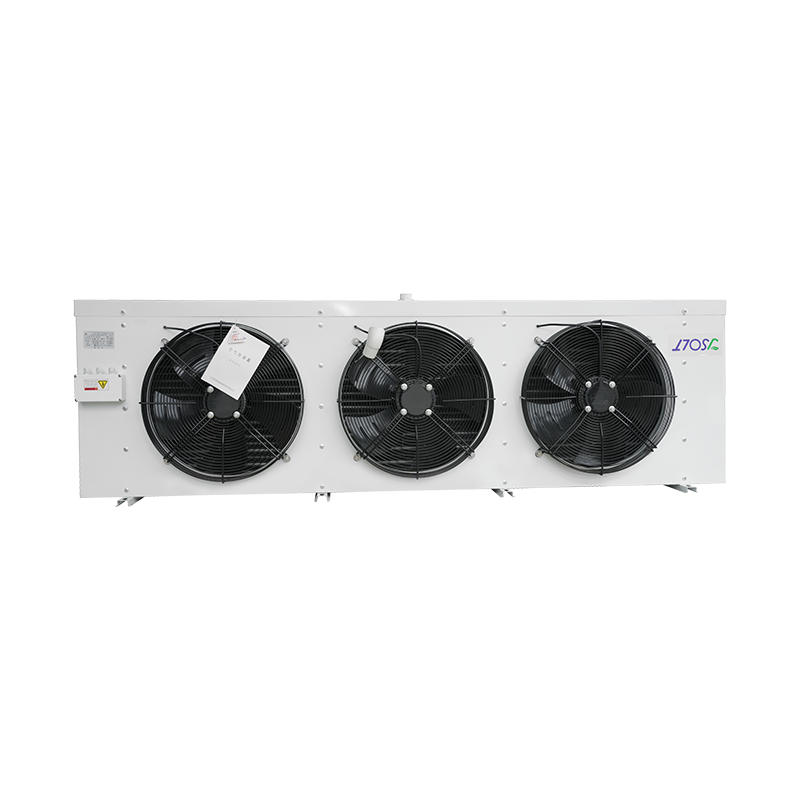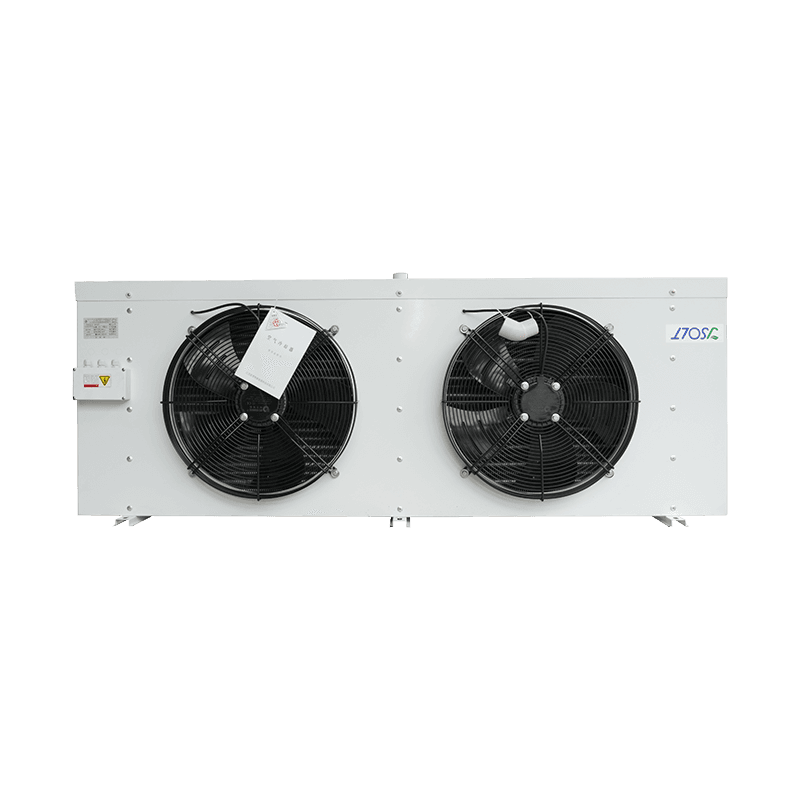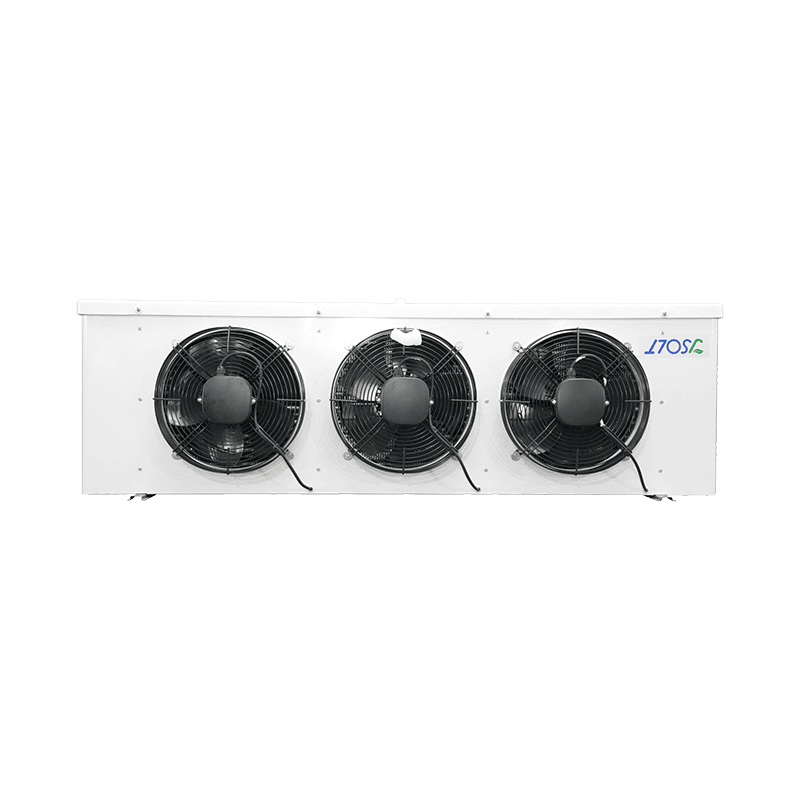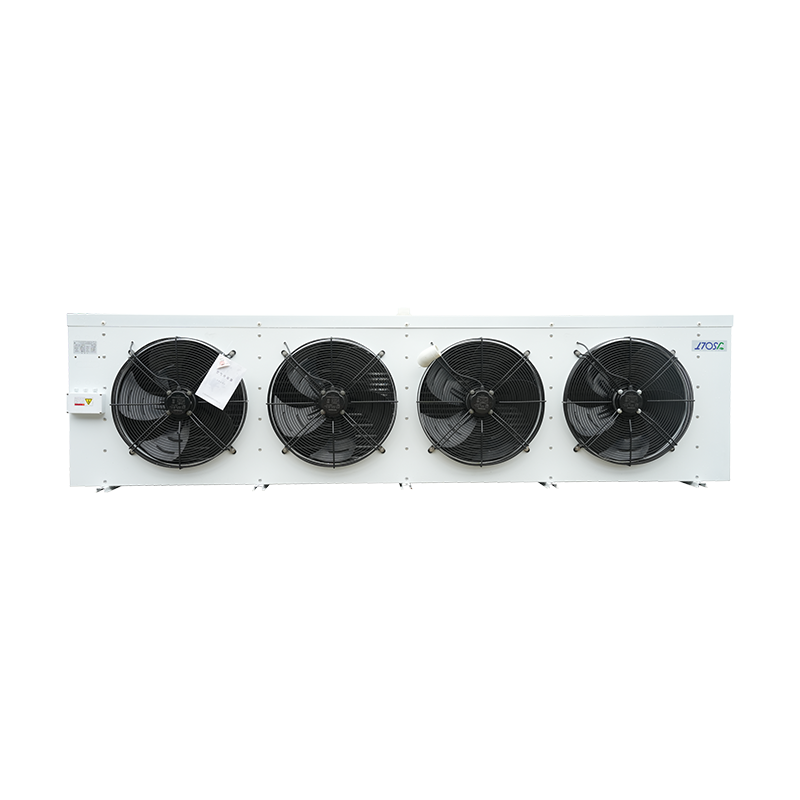
Web Menu
Product Search
Exit Menu
Product categories
News categories
RECENT POSTS
-
What are the commonly used refrigerants in a Refrigeration System and their applicable ranges?
Dec 12,2025 -
How to quickly handle refrigerant leaks or icing in a Refrigeration System?
Dec 05,2025 -
What noise and vibration problems do high-power compressor condensing units generate?
Nov 28,2025 -
What are the common cooling methods for compressor condensing units?
Nov 21,2025 -
Is an air cooler better than an AC?
Nov 14,2025
How does an air cooler perform in different climate conditions? What factors affect its efficiency?
An air cooler is a cooling device widely used in homes and industrial environments, and its performance is affected by a variety of climatic conditions. Understanding these influencing factors not only helps consumers choose suitable products, but also provides manufacturers with a reference for design and marketing.
1. Effect of climatic conditions on performance
humidity
Humidity is one of the key factors affecting air cooler performance. In a high-humidity environment, the air contains a large amount of moisture, causing the evaporative effect of the cooler to decrease. Typically, air coolers reduce air temperature by evaporating moisture. However, under humid conditions, the air already contains more moisture and the cooler cannot effectively evaporate more moisture, thus reducing the cooling effect. Especially in areas with humid summers, such as Southeast Asia, users may find that traditional air coolers are significantly less efficient than air conditioners.
temperature
Temperature directly affects the working efficiency of the air cooler. At extreme high temperatures, the load on the cooler increases and the expected cooling effect may not be maintained. For example, in hot and dry desert areas, air coolers can provide a good cooling effect, but when the outside temperature exceeds a certain level (such as 40°C), its cooling effect will gradually weaken. Generally, the higher the temperature, the more energy the cooler needs to consume, affecting its energy efficiency ratio (EER). In such an environment, efficiency may be improved by choosing a cooler with a booster fan or a high-volume design.
airflow
The fluidity of the airflow is equally important. The cooling effect of an air cooler relies on the flow of air. Without smooth air flow, the efficiency of the cooler will be greatly reduced. In some closed or poorly ventilated environments, the cooler may overheat and have poor cooling effect. Therefore, when selecting and installing an air cooler, it is crucial to ensure that the surrounding environment is well ventilated.
2. Other factors affecting air cooler efficiency
Design and materials
The design of an air cooler and the materials used also have a significant impact on its performance. Efficient radiator design and high-quality materials can significantly improve cooling performance. For example, using a heat sink made of aluminum alloy or copper can improve the efficiency of heat transfer, thus improving overall performance. Additionally, coolers that use corrosion-resistant materials perform better in humid environments, helping to extend the life of your equipment.
Maintenance
Regular maintenance and upkeep is an important part of ensuring the efficient operation of your air cooler. Dirty filters and radiators can block air flow, resulting in reduced efficiency. Therefore, it is necessary to keep the equipment clean and replace the filter in time. In addition, regularly checking the water quality of the water tank to prevent algae growth is also an important measure to ensure the normal operation of the cooler.
Intelligent control system
Modern air coolers are increasingly equipped with intelligent control systems that automatically adjust their operating modes based on ambient temperature and humidity. These smart systems can optimize energy consumption and improve cooling efficiency, allowing equipment to perform better in different climate conditions. For example, some smart air coolers can monitor air quality and temperature in real time through built-in sensors, and automatically adjust wind speed and water volume to achieve a more efficient cooling effect.
←
What are the advantages and disadvantages of different types of condensers?
→
Jiangsu Best "News Information Column" is online!
related products

-
 224 Yongping Road, Science and Technology Enterpreneurship Park, Gaogang District, Taizhou City, Jiangsu Province
224 Yongping Road, Science and Technology Enterpreneurship Park, Gaogang District, Taizhou City, Jiangsu Province  +86-18082061600
+86-18082061600 [email protected] / [email protected]
[email protected] / [email protected]
Copyright © 2024 Taizhou Best Refrigeration Equipment Manufacturing Co., Ltd All Rights Reserved. Refrigeration Equipment Manufacturer Custom Refrigeration Equipment Factory


 EN
EN
 English
English русский
русский Español
Español